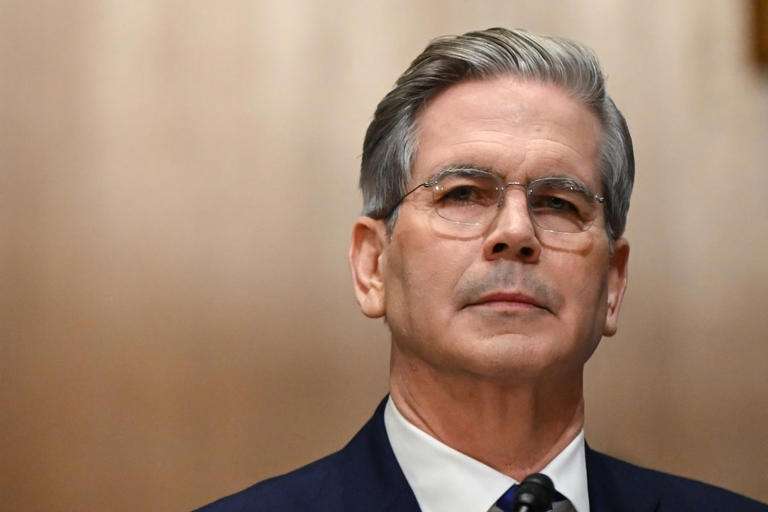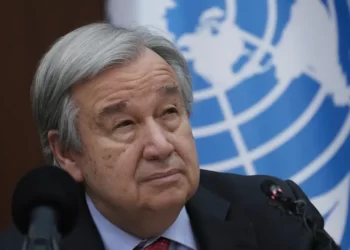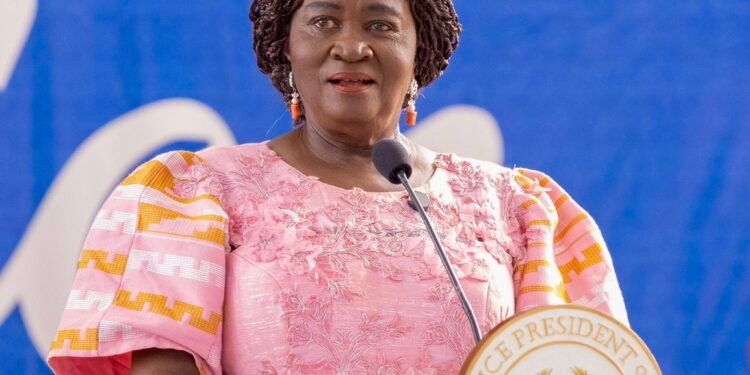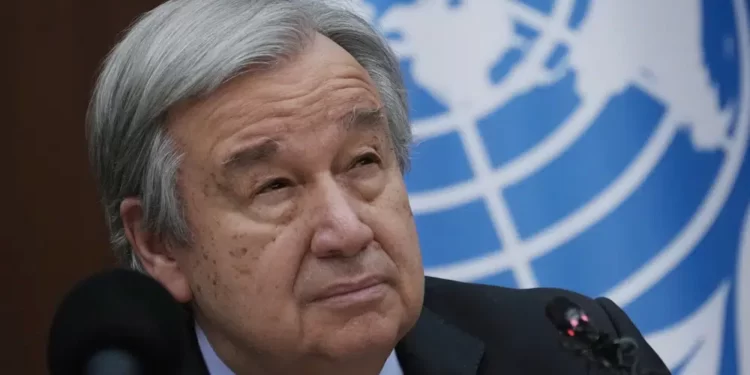China has announced new tariffs of 84% on the US, in retaliation to Washington’s tariff hike to 104 percent.
It said that it will raise its tariff on US goods from 34 percent to 84 percent effective tomorrow, April 10, 2025.
The 50-point increase mirrors the additional 50 percent tariff recently added by the US, which brought its total tariff on Chinese imports to 104 percent.
Announcing the move in a policy paper, China’s Commerce Ministry noted that the US tariff escalation is counterproductive, warning that Beijing “has the firm will and abundant means to take necessary countermeasures and fight to the end.”
“History and facts have proven that the United States’ increase in tariffs will not solve its own problems.
“Instead, it will trigger sharp fluctuations in financial markets, push up US inflation pressure, weaken the US industrial base and increase the risk of a US economic recession, which will ultimately only backfire on itself.”
China’s Commerce Ministry
The ministry also pushed back on the notion of a lopsided trade relationship, arguing that when accounting for services and earnings from US firms operating inside China, economic exchange between the two countries is “roughly balanced.”
China is also adding six US firms to an unreliable entity list and adding 12 firms to an export control list.
China’s Foreign Ministry Spokesperson, Lin Jian said that Beijing will take “firm and forceful” steps to protect itself.
Lin told reporters during a regular news briefing, “The Chinese people’s legitimate right to development is inalienable” adding that China’s sovereignty, security and development interests are “inviolable.”
Lin stated that if the US wants to resolve their issues through “dialogue and negotiation,” it should “adopt an attitude of equality, respect and mutual benefit.”
China’s State Council Information Office also released a white paper detailing the nature of the US-China trade relationship from Beijing’s perspective.
The paper noted that the US has not honoured its promises under the “Phase 1 Trade Deal” reached between Beijing and Washington in January 2020.
It also said that if the White House factors in services and “local sales generated by two-way investment” – rather than simply goods – then US-China trade is “roughly balanced.”
China’s neighbours – Japan, South Korea, Vietnam – have done the opposite of Beijing, scheduling calls with the Trump administration to try to cut a deal.
China’s Tariff Retaliation Labelled ‘Unfortunate’

US Treasury Secretary, Scott Bessent responded to China’s move to boost its tariff on US goods to 84 percent.
Bessent said in an interview, “I think it’s unfortunate that the Chinese actually don’t want to come and negotiate, because they are the worst offenders in the international trading system.”
When asked about potentially kicking Chinese stocks off of US exchanges, he said everything is on the table.
Meanwhile, Nick Marro, Principal Economist for Asia at the Economist Intelligence Unit, told a news agency that the global response to Trump is going to be largely focused on offering concessions, especially now that Trump has doubled his tariffs on China.
“When we think about ‘retaliation,’ the markets that we are really following are China, much of the EU, Canada and Mexico.
“It’s unlikely that any other market is really well-placed to retaliate against the US tariff threats, partially because they don’t have the economic size and also because these countries are going to be very wary of further tit-for-tat escalation.”
Nick Marro
Marro opined that countries such as Vietnam and Taiwan have offered to cut US tariffs down to 0 percent, but Trump may want more.
Vietnam, for example, angered Trump by helping Chinese manufacturers evade tariffs introduced during his first trade war. The Trump administration may demand countries address these kinds of policies, Marro said.
“The trade deficit is a big part of this, but it’s only one part of this. It’s not entirely clear that addressing goods’ trade imbalances is going to be enough to cause the Trump team to back down.”
Nick Marro
READ ALSO: Mahama’s Lean Gov’t on Track with OGM Discretionary Spending Cut























